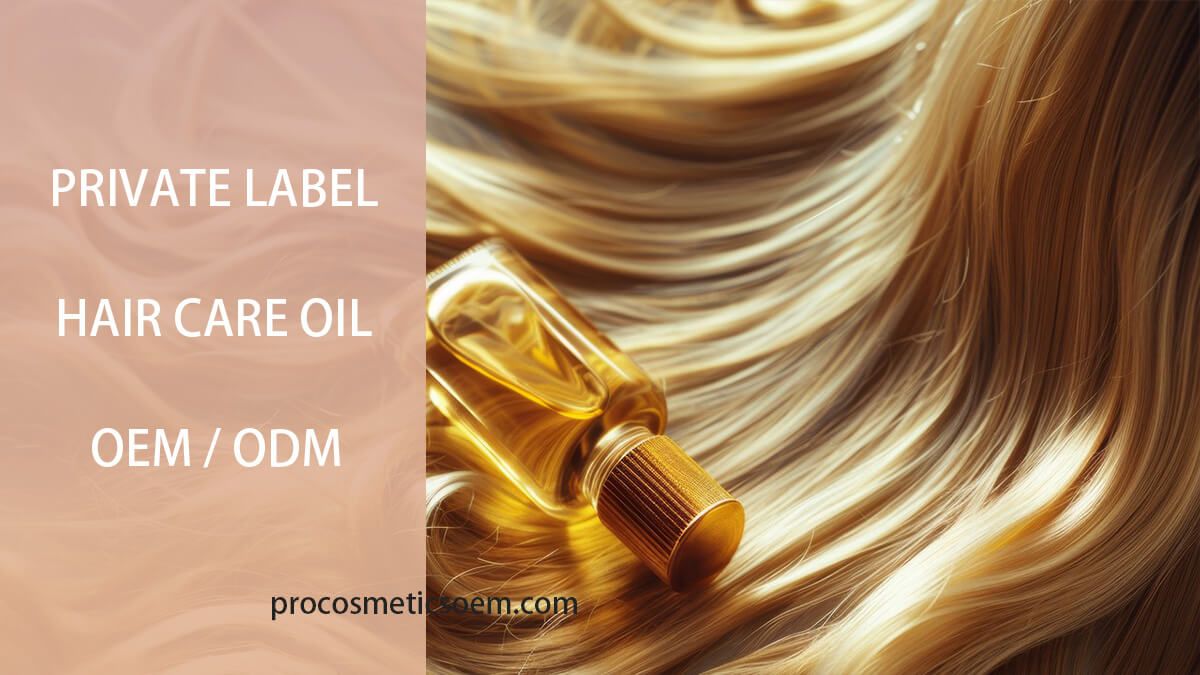1. Market Background
The hair oil market is evolving quickly in 2025. Consumers are moving away from synthetic products and looking for options with real ingredients. Here are some key points about the market:
-
Growing Demand:
More people are searching for natural ingredient hair oil and organic hair oil.
Health concerns and environmental awareness drive this trend. -
Market Size and Growth:
Studies show that the hair care industry is expanding steadily.
Hair oil market trends point to increased sales for products that are eco-friendly and sustainable. -
Consumer Preferences:
Buyers now want clear ingredient lists and proven benefits.
They prefer products that improve scalp health and promote hair growth without harsh chemicals.
